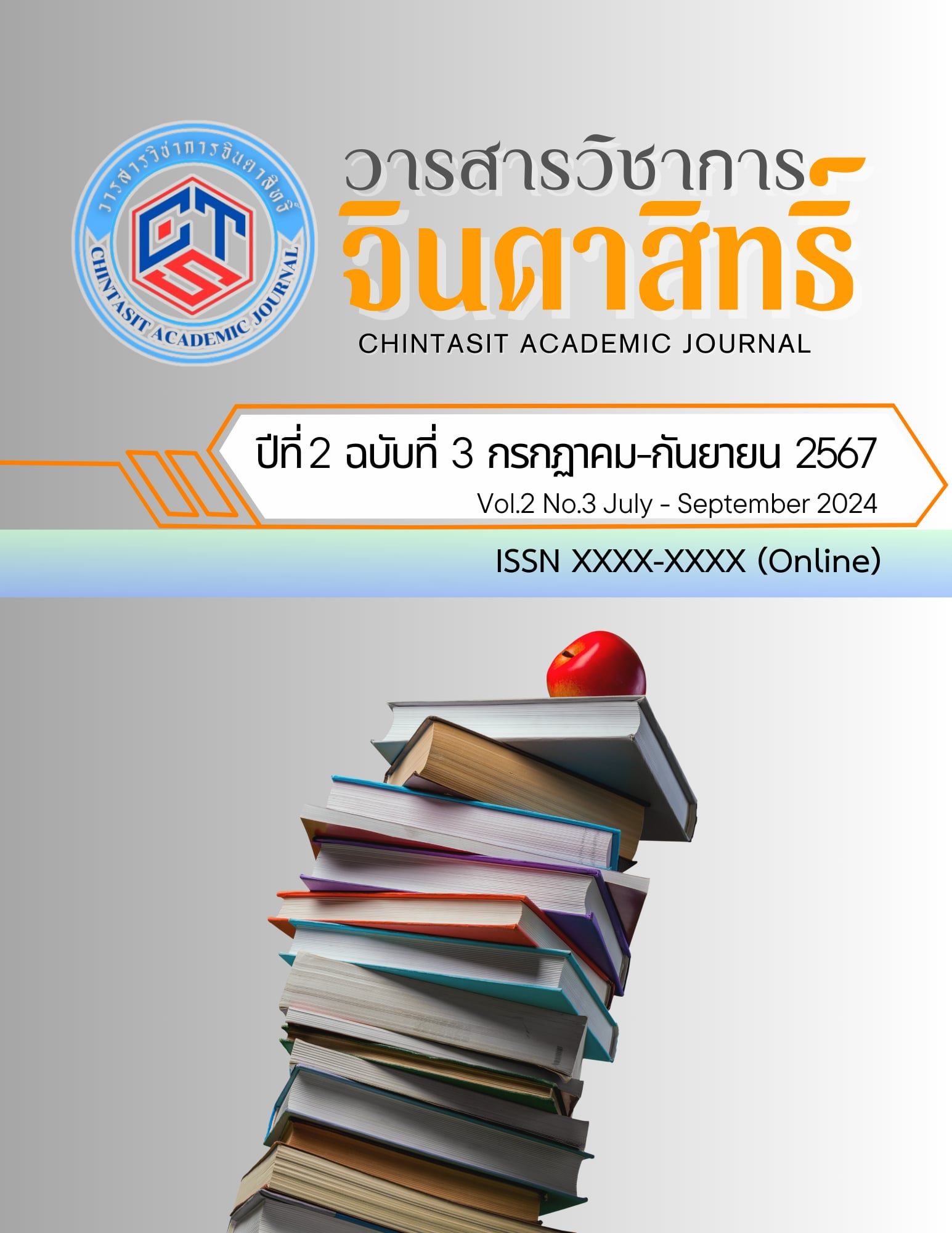Development Guideline of Ethical Leadership of Mahamakut Buddhist University Srilanchang Campus Loei Province
Main Article Content
Abstract
This research aimed to 1) study the current state of ethical leadership among faculty members, 2) analyze the components of ethical leadership, and 3) propose guidelines for developing ethical leadership of faculty members at Mahamakut Buddhist University, Srilanchang Campus, Loei Province. A mixed-methods approach was employed, collecting quantitative data from 50 faculty members and qualitative data through in-depth interviews with 20 participants. Data were analyzed using descriptive statistics, exploratory factor analysis, and content analysis.
The results revealed that 1) the overall level of ethical leadership among faculty members was high, 2) ethical leadership comprised five components: integrity and credibility, ethical role modeling, promoting ethical climate, ethical decision-making, and developing ethical leadership in others, and 3) guidelines for developing ethical leadership consisted of five areas: self-development, creating an ethics-focused organizational culture, integrating ethics into teaching and learning, building ethics cooperation networks, and developing support systems and evaluation processes.
Recommendations from the research suggest that the university should systematically promote the development of ethical leadership among faculty members, focusing on all five components, and concretely apply the proposed development guidelines.
Article Details

This work is licensed under a Creative Commons Attribution-NonCommercial-NoDerivatives 4.0 International License.
Chintasit Academic Journal is licensed under a Creative Commons Attribution-NonCommercial-NoDerivatives 4.0 International (CC BY-NC-ND 4.0) licence, unless otherwise stated. Please read our Policies page for more information on Open Access copyright and permissions.
References
โกวิทย์ พวงงาม. (2563). การพัฒนาภาวะผู้นำเชิงจริยธรรมในบริบทสังคมไทย. วารสารสังคมศาสตร์และมนุษยศาสตร์, 46(2), 1-18.
ธีระ รุญเจริญ. (2558). การพัฒนาภาวะผู้นำทางการศึกษา. ข้าวฟ่าง.
พระพรหมคุณาภรณ์ (ป.อ. ปยุตฺโต). (2559). ภาวะผู้นำ: ความสำคัญต่อการพัฒนาคน พัฒนาประเทศ. สำนักพิมพ์ผลิธัมม์.
สุเทพ พงศ์ศรีวัฒน์. (2558). ภาวะผู้นำเชิงจริยธรรม: แนวคิด ทฤษฎีสู่การปฏิบัติ. มหาวิทยาลัยราชภัฏเชียงราย.
สุวิมล ว่องวาณิช. (2562). การพัฒนาภาวะผู้นำเชิงจริยธรรมในยุคดิจิทัล. วารสารครุศาสตร์, 47(3), 1-15.
เสาวนีย์ ตรีพุทธรัตน์. (2561). ภาวะผู้นำเชิงจริยธรรม: กลยุทธ์การพัฒนาคุณภาพการศึกษาไทย. วารสารศึกษาศาสตร์ มหาวิทยาลัยนเรศวร, 20(4), 294-307.
Brown, M. E., & Treviño, L. K. (2006). Ethical leadership: A review and future directions. The Leadership Quarterly, 17(6), 595-616.
Cuellar, C., & Giles, D. L. (2012). Ethical practice: a study of Chilean school leaders. Journal of Educational Administration, 50(4), 420-436.
Fullan, M. (2016). The new meaning of educational change (5th ed.). Teachers College Press.
Macfarlane, B. (2004). Teaching with integrity: The ethics of higher education practice. Routledge.
Northouse, P. G. (2018). Leadership: Theory and practice (8th ed.). SAGE Publications.
Shapiro, J. P., & Stefkovich, J. A. (2016). Ethical leadership and decision making in education: Applying theoretical perspectives to complex dilemmas (4th ed.). Routledge.
Yukl, G., Mahsud, R., Hassan, S., & Prussia, G. E. (2013). An improved measure of ethical leadership. Journal of Leadership & Organizational Studies, 20(1), 38-48.


